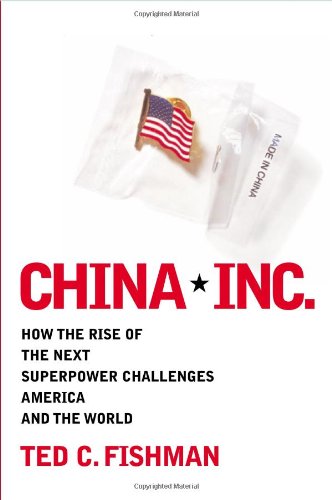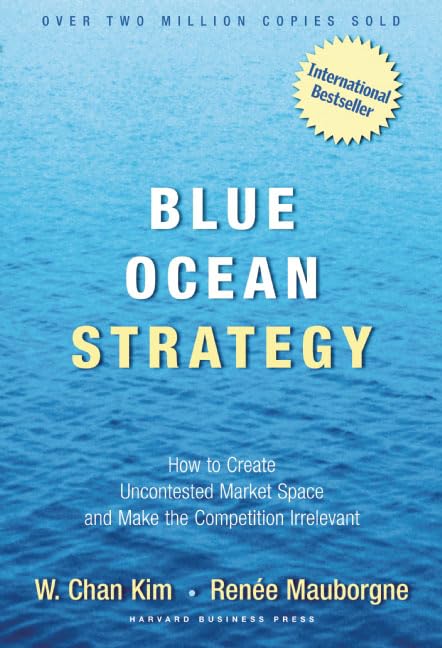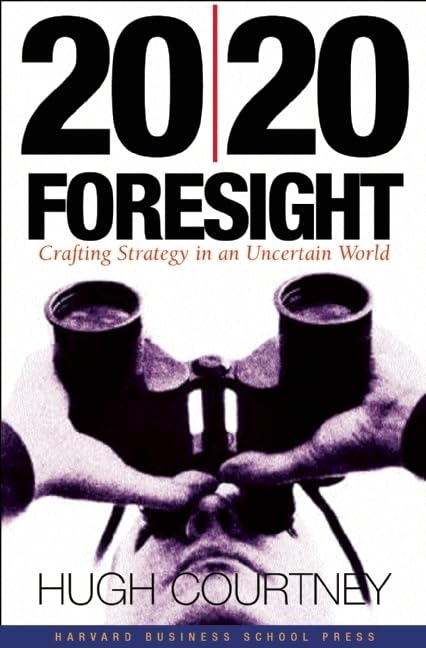Dudes Want List
Discover the ultimate Dudes Want List of must-read books curated for men. Find top recommendations, bestsellers, and hidden gems every dude should own.

Book
The World Is Flat
by Thomas L. Friedman
Offers a concise history of globalization, discussing a wide range of topics, from the September 11 terrorist attacks to the growth of the middle class in both China and India.

Book
The Education of a Coach
by David Halberstam
"Bill Belichick is one of the most intriguing yet enigmatic figures in contemporary American sports. He is the best professional football coach of our era, and his New England Patriot teams are the winners of three of the last four Super Bowls - including one of the most stunning upsets in that championship series. Yet until now, Belichick has deliberately stayed as far from the spotlight as possible, proving himself as elusive as he is talented." "In The Education of a Coach, writer-historian David Halberstam paints a portrait of a man and his profession, revealing both the intimate world of Bill Belichick and the unique abilities that make him so successful: His exceptional intelligence, his ability to break down and exploit game film, his singular discipline, and his almost unmatched work ethic. Working with an unusual degree of cooperation from Belichick, Halberstam shows us a man acutely aware of all the forces in contemporary sports that work against the old-fashioned concept of team, who has somehow managed to change his players' view of how the game should be played. The result is a book not just about Bill Belichick, but about what it means to be a leader."--BOOK JACKET.

Book
The Lexus and the Olive Tree
by Thomas L. Friedman
From one of our most perceptive commentators and winner of the National Book Award, a comprehensive look at the new world of globalization, the international system that, more than anything else, is shaping world affairs today. As the Foreign Affairs columnist forThe New York Times, Thomas L. Friedman has traveled the globe, interviewing people from all walks of contemporary life: Brazilian peasants in the Amazon rain forest, new entrepreneurs in Indonesia, Islamic students in Teheran, and the financial wizards on Wall Street and in Silicon Valley. Now Friedman has drawn on his years on the road to produce an engrossing and original look at globalization. Globalization, he argues, is not just a phenomenon and not just a passing trend. It is the international system that replaced the Cold War system; the new, well-greased, interconnected system: Globalization is the integration of capital, technology, and information across national borders, in a way that is creating a single global market and, to some degreee, a global village. Simply put, one can't possibly understand the morning news or one's own investments without some grasp of the system. Just one example: During the Cold War, we reached for the hot line between the White House and the Kremlin--a symbol that we were all divided but at least the two superpowers were in charge. In the era of globalization, we reach for the Internet--a symbol that we are all connected but nobody is totally in charge. With vivid stories and a set of original terms and concepts, Friedman offers readers remarkable access to his unique understanding of this new world order, and shows us how to see this new system. He dramatizes the conflict of "the Lexus and the olive tree"--the tension between the globalization system and ancient forces of culture, geography, tradition, and community. He also details the powerful backlash that globalization produces among those who feel brutalized by it, and he spells out what we all need to do to keep the system in balance. Finding the proper balance between the Lexus and the olive tree is the great drama of he globalization era, and the ultimate theme of Friedman's challenging, provocative book--essential reading for all who care about how the world really works.

Book
Freakonomics
by Steven D. Levitt
"Steven D. Levitt and co-author Stephen J. Dubner show that economics is, at root, the study of incentives - how people get what they want, or need, especially when other people want or need the same thing. In Freakonomics, they set out to explore the hidden side of...well, everything. The inner workings of a crack gang. The truth about real-estate agents. The myths of campaign finance. The telltale marks of a cheating schoolteacher. The secrets of the Ku Klux Klan."--BOOK JACKET.Title Summary field provided by Blackwell North America, Inc. All Rights Reserved





Book
A Short History of Nearly Everything
by Bill Bryson
One of the world’s most beloved writers and New York Times bestselling author of A Walk in the Woods and The Body takes his ultimate journey—into the most intriguing and intractable questions that science seeks to answer. In A Walk in the Woods, Bill Bryson trekked the Appalachian Trail—well, most of it. In A Sunburned Country, he confronted some of the most lethal wildlife Australia has to offer. Now, in his biggest book, he confronts his greatest challenge: to understand—and, if possible, answer—the oldest, biggest questions we have posed about the universe and ourselves. Taking as territory everything from the Big Bang to the rise of civilization, Bryson seeks to understand how we got from there being nothing at all to there being us. To that end, he has attached himself to a host of the world’s most advanced (and often obsessed) archaeologists, anthropologists, and mathematicians, travelling to their offices, laboratories, and field camps. He has read (or tried to read) their books, pestered them with questions, apprenticed himself to their powerful minds. A Short History of Nearly Everything is the record of this quest, and it is a sometimes profound, sometimes funny, and always supremely clear and entertaining adventure in the realms of human knowledge, as only Bill Bryson can render it. Science has never been more involving or entertaining.
